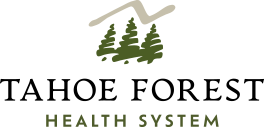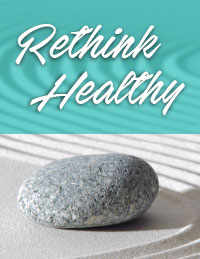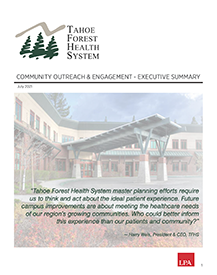The HPV Vaccine Is Cancer Prevention

The HPV vaccine prevents cancer
About 14 million people, including teens, become infected with human papillomavirus (HPV) each year. The highest rate of new infections is seen in those 15 – 24 years old. Where HPV infections persist, people are at risk for cancer. Every year in the United States, 42,700 people are diagnosed with a cancer caused by HPV. That’s one case in every 12 minutes.
The HPV vaccination could prevent most of these cancers.
Preventing cancer is better than treating it
HPV infections can cause six types of cancer, but doctors only routinely screen for cervical cancer. The other five types may not be detected until they cause health problems.
The HPV vaccine is for both boys and girls
The HPV vaccine is recommended by the Centers for Disease Control for boys and girls ages 11-12. At this age there is a greater immune response than in older adolescents, and it is best to vaccinate before any exposure.
Similar to a child putting on their bike helmet before riding a bike or their seatbelt before riding in a car, we don’t want to wait until an exposure occurs. The vaccination series can be started as young as 9 years old and is approved for males and females through age 45. The approved age range was recently extended to include adults ages 27 to 45 to protect a broader age range from HPV-related diseases and cancers. However, studies support and emphasize the importance of vaccination by age 13.
This vaccine can help prevent cancers of the mouth/throat, anus, penis, cervix, vagina and vulva as well as genital warts.
HPV vaccines are safe
The benefits of the HPV vaccine far outweigh any potential risks. All vaccines used in the United States go through extensive safety testing before they are licensed by the Food and Drug Administration (FDA). Once in use, they are monitored for safety and effectiveness. HPV vaccines are safe, and no serious safety concerns have been confirmed since the HPV vaccine became available in 2006. To date, over 100 million doses have been administered. The HPV vaccine cannot cause an HPV infection and does not cause cancer.
Vaccination works extremely well
Since HPV vaccination was introduced over 10 years ago, HPV infections that cause the most cancers and genital warts have dropped 71% in teen girls. In other countries such as Australia, the HPV vaccine has already decreased the amount of pre-cancers of the cervix in women and led to the “near disappearance” of genital warts.
Side effects
Like any vaccine or medicine, HPV vaccines may cause side effects. The most common side effects include localized pain, redness or swelling from the shot, or dizziness, fainting, nausea and headache. Sitting or lying down for 15 minutes after a vaccination can help prevent fainting.
The HPV vaccine is covered by insurance, Medi-Cal and VFC
Coverage may vary according to insurance plan. Currently, most insurances will cover vaccination costs for ages 9-26. Pending CDC approval, coverage may expand to include ages 27-45.
You can help protect your child from certain cancers
There are many ways to lower cancer risk, but few interventions lower the risk more than vaccination against human papillomavirus (HPV).
For those ages 9 – 14, the vaccine series consists of two shots separated by at least 6 months.
For those ages 15 – 45, the vaccine series consists of three shots over a period of six months.
References: U.S. Department of Health and Human Services Centers for Disease Control and Prevention; Pediatrics, National Foundation for Infectious Disease
- * Featured
- Anniversary
- Board of Directors
- CA Office of the Governor
- Children's Health
- COVID-19
- Employee Highlights
- Gene Upshaw Memorial Tahoe Forest Cancer Center
- Health & Wellness
- Health System Foundation - Giving
- Incline Village Community Hospital
- Informational Brochures & Guides
- Nevada County Public Health
- Orthopedics
- Patient Success Stories
- Stay Healthy: Facts About COVID-19
- Tahoe Forest Health System
- Women's Health




